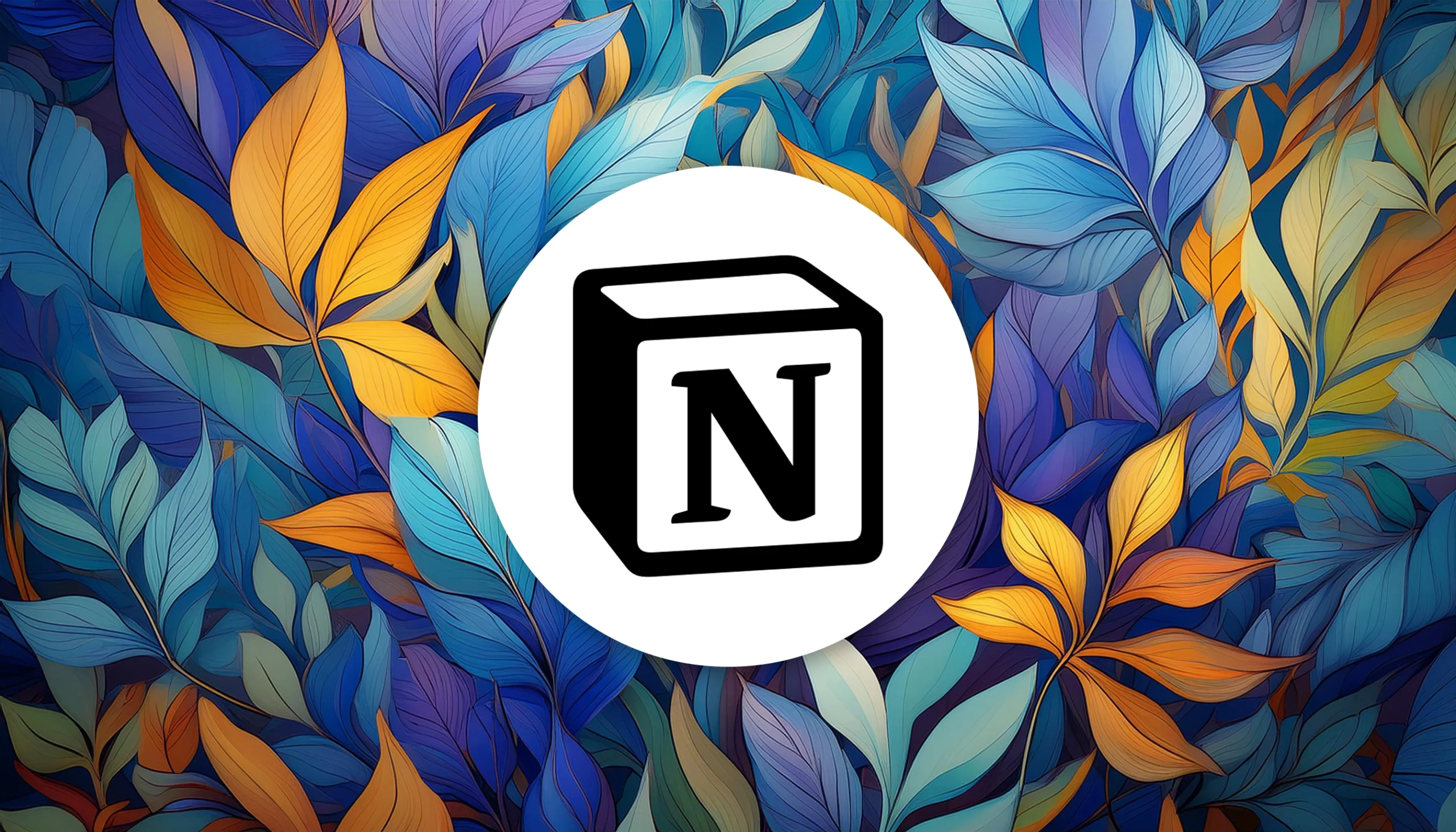Your cart is currently empty!
There are two main buckets for search traffic from engines like Google: organic and paid. Organic search is about the natural listings, while paid search concerns the paid results and various ads. This quick guide covers paid search basics to familiarize you with this key search marketing topic.
What is Paid Search?
Paid search, or Pay-Per-Click (PPC) advertising, is a critical facet of online advertising where advertisers pay a fee each time a user clicks on one of their ads. It’s a method of buying traffic to your website rather than earning it organically through SEO.
When you use search engines like Google or Bing, you’ll notice the top and bottom results are usually ads. These are the results of paid search campaigns.
PPC Advantages & Disadvantages
Understanding the pros and cons can help you decide whether it’s the right choice for your business. Let’s delve into some of the advantages and disadvantages:
Advantages
- Immediate Visibility: Unlike SEO, which can take months to show results, paid search provides immediate visibility in search engine results. This is particularly beneficial if you’re launching a new website or product and want immediate exposure.
- Targeted Traffic: By bidding on specific keywords and tailoring your ads, you can attract a highly targeted audience that’s likely to be interested in your products or services. You can refine your audience by geographic location, device, language, time of day, etc.
- Measurable Results: With paid search, every aspect of your campaign is trackable. You can measure impressions, clicks, conversions, and more. This data can provide valuable insights into your campaign’s performance and guide future optimization efforts.
- Flexibility: Paid search platforms provide a wide range of options for targeting, bidding, and ad formats. This flexibility allows you to customize your campaigns to align with your business objectives.
Disadvantages
- Cost: Depending on your industry and the competitiveness of your keywords, paid search can become quite expensive. If not managed effectively, costs can quickly spiral out of control.
- Complexity: PPC platforms offer many features and options, which can be overwhelming for beginners. It takes time, testing, and experience to master these platforms and optimize campaigns effectively.
- Temporary Results: Unlike organic SEO efforts, which can deliver traffic over the long term, the results from paid search are temporary. Once you stop funding your campaign, your ads disappear and the traffic usually stops.
- Potential for Negative Perception: Some users have negative perceptions of ads and may skip over them in favor of organic results.
It’s also important to remember that paid search is often most effective when used as part of a comprehensive strategy that includes other techniques, such as SEO, content marketing, and social media marketing.
How Paid Search Works
PPC operates on a bidding system, where advertisers select keywords they want to target, then set a maximum bid they’re willing to pay. This process involves:
- Keyword Selection: The choice of keywords is vital. Your target audience will likely use these words and phrases when looking for your products or services.
- Creating Ads: The next step involves writing engaging ad copy that draws users in and encourages them to click through to your website. The effectiveness of your ad copy can directly influence the success of your paid search campaign.
- Landing Page: This is the page users arrive at after clicking on your ad. It should be highly relevant to your ad copy and chosen keywords. The page should encourage visitors to take specific actions, like making a purchase or subscribing to a newsletter.
- Bidding: This is the budgeting part of your campaign. You’re not alone in targeting your chosen keywords. Other advertisers may be after the same keywords, which can create competition. The search engines use these bids and other factors like ad relevance and landing page experience to decide which ads to show and where to place them on the search results page.
Essential PPC Campaign Components
Running a successful campaign involves several key components:
- Keyword Research: This initial step is crucial for the rest of the campaign. Tools like Google Keyword Planner or Semrush can aid in finding relevant keywords.
- Ad Copy: Writing compelling ad copy is more art than science. The right ad copy conveys your unique selling proposition and compels users to click on your ad.
- Landing Page: The landing page should align with your ad and provide a clear call-to-action (CTA). It should be user-friendly and optimized for conversions.
- Bid Strategy: You can manually set your bids or use automated strategies provided by search engines. The right bid strategy could be the difference between profitable and unsuccessful campaigns.
- Campaign Settings: You’ll need to choose the geographic area where your ads will appear, the network (Google Search, Google Display, etc.), and the devices your ads will appear on.
- Ad Extensions: These provide additional information (like contact information or links to your website) that can improve your ad’s visibility and click-through rates.
- Conversion Tracking: Set up conversion tracking to measure the effectiveness of your campaign and calculate your ROI.
Paid Search Platforms
There are various paid search platforms you can consider, each with their unique strengths:
- Google Ads: Google hosts the largest paid search platform, giving access to a vast audience across Google Search, Google Display Network, YouTube, and more.
- Microsoft Advertising: This platform allows you to reach Bing, Yahoo, and AOL users, another popular option for different audiences.
- Amazon Ads: If you’re an e-commerce business, this platform can be particularly useful, as it allows you to reach users actively searching for products to buy.
Bottom Line
Paid search is a potent tool for driving targeted traffic to your website. However, it requires strategic planning, ongoing management, and regular optimization. Whether a small business or a multinational corporation, a well-orchestrated paid search strategy could be a powerful addition to your digital marketing toolkit. ?
Topics






